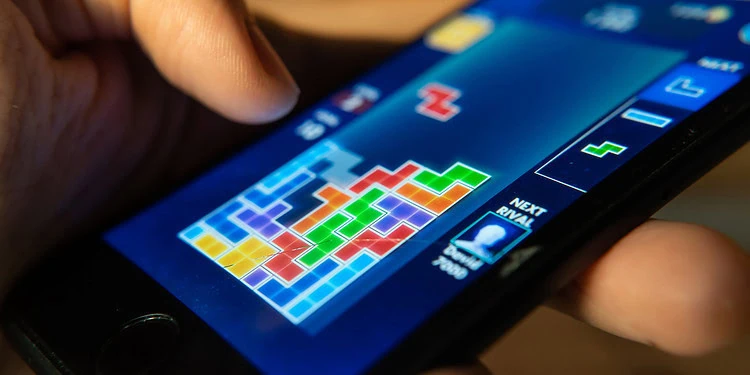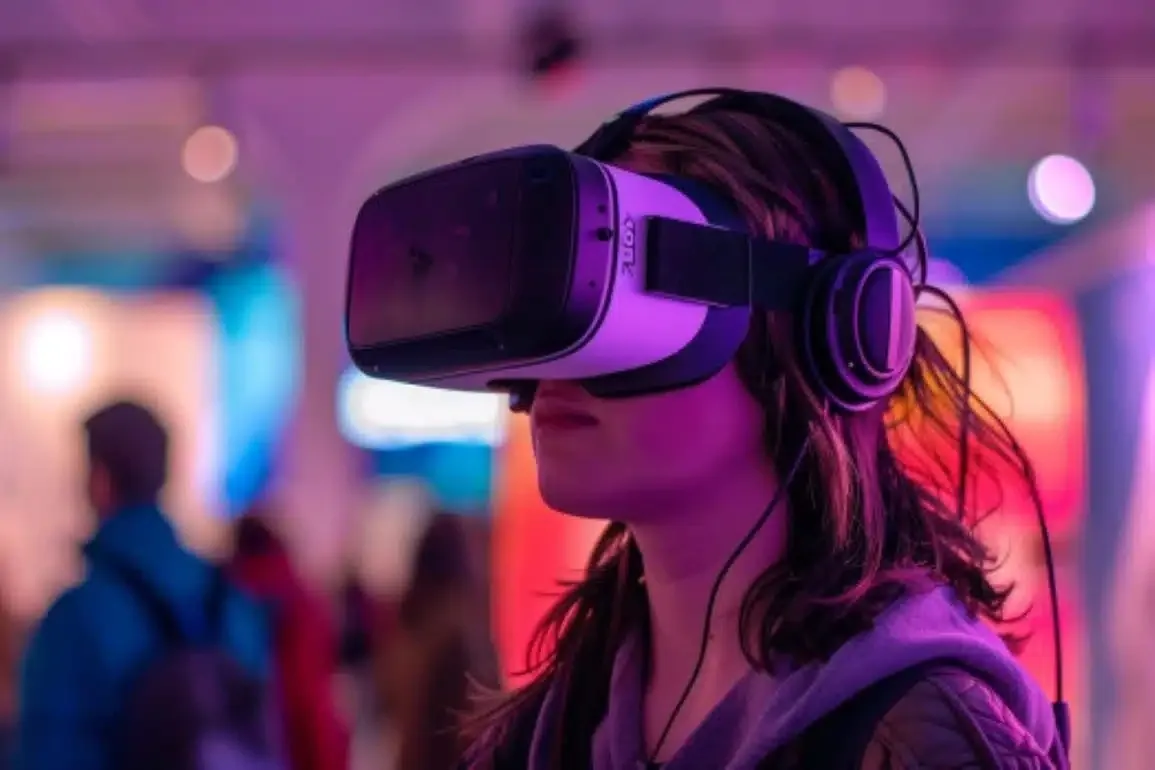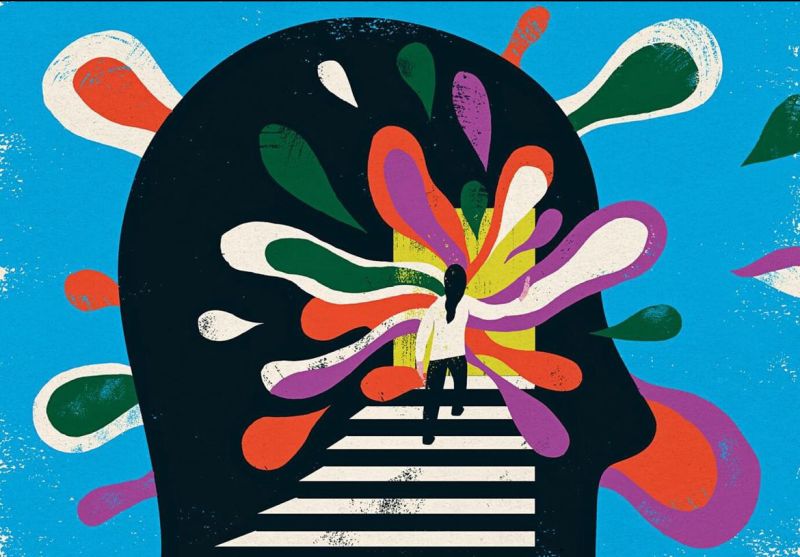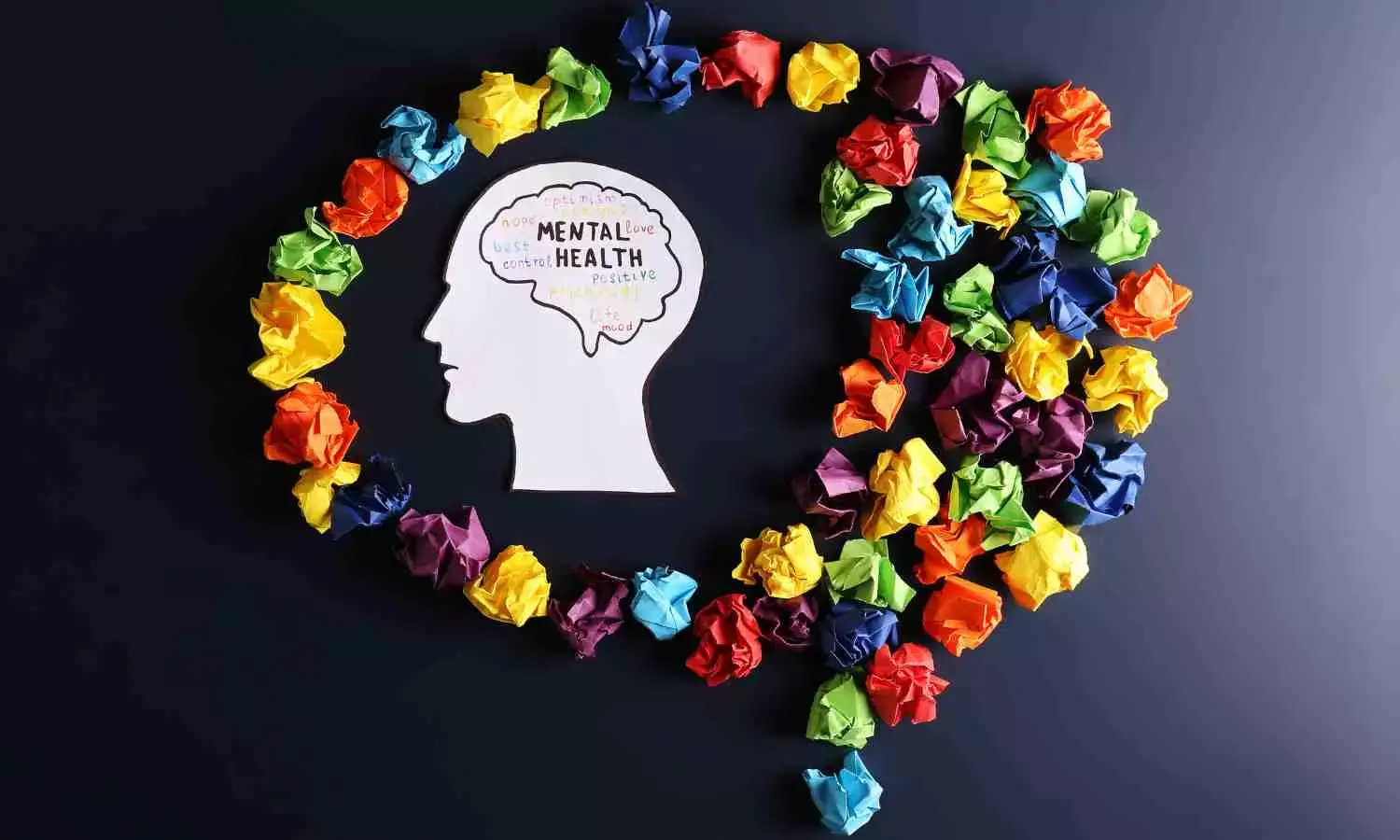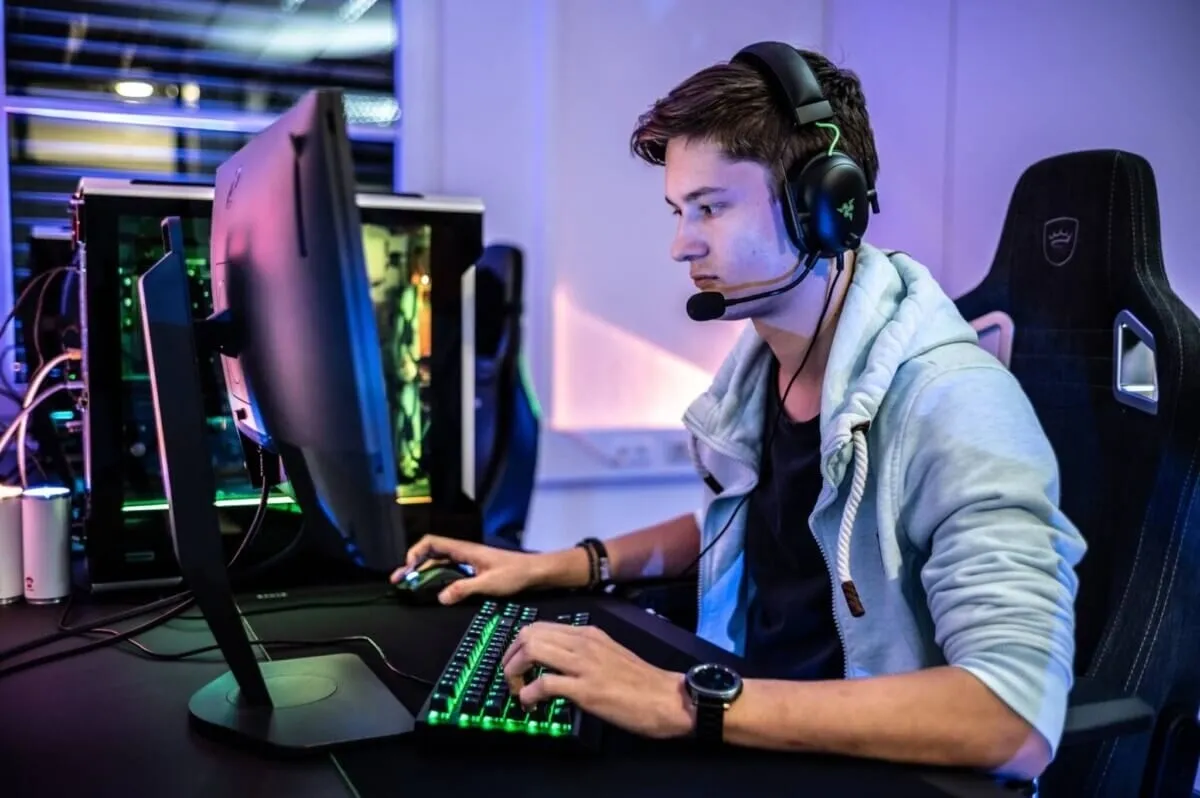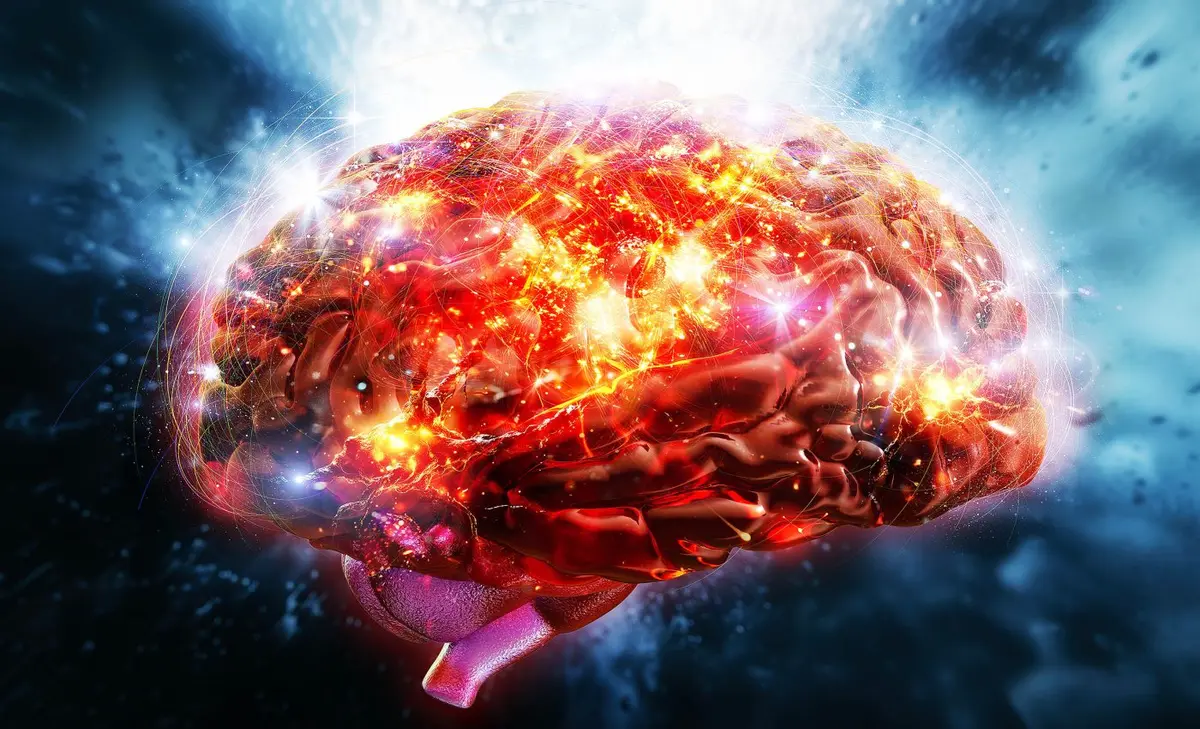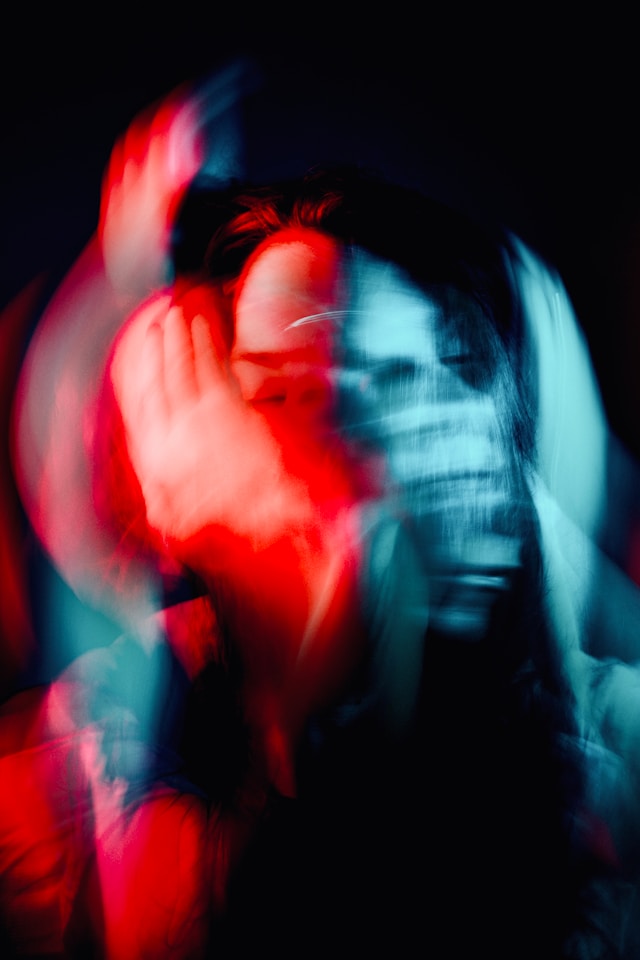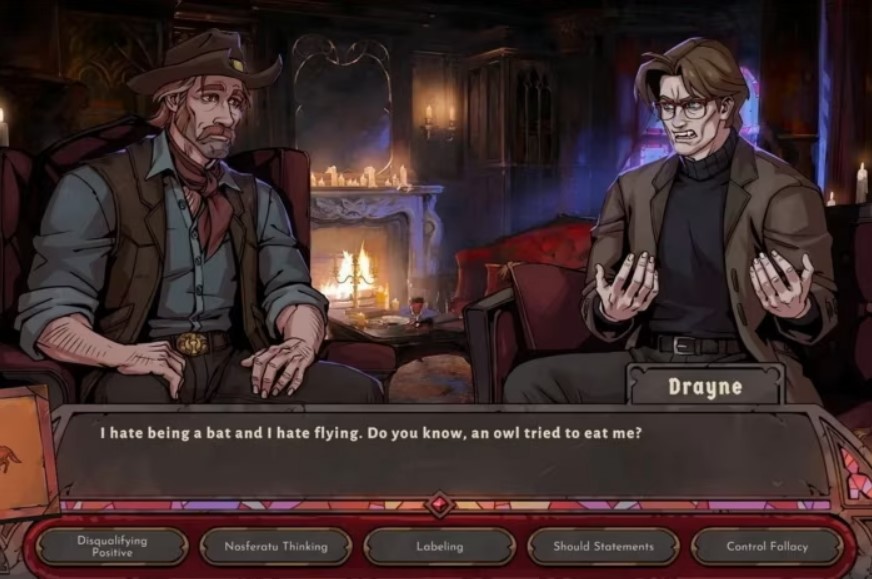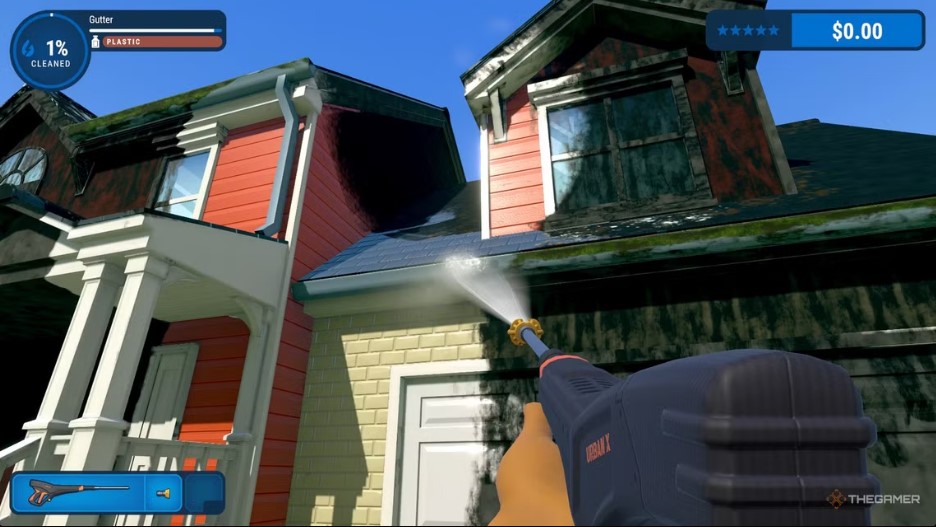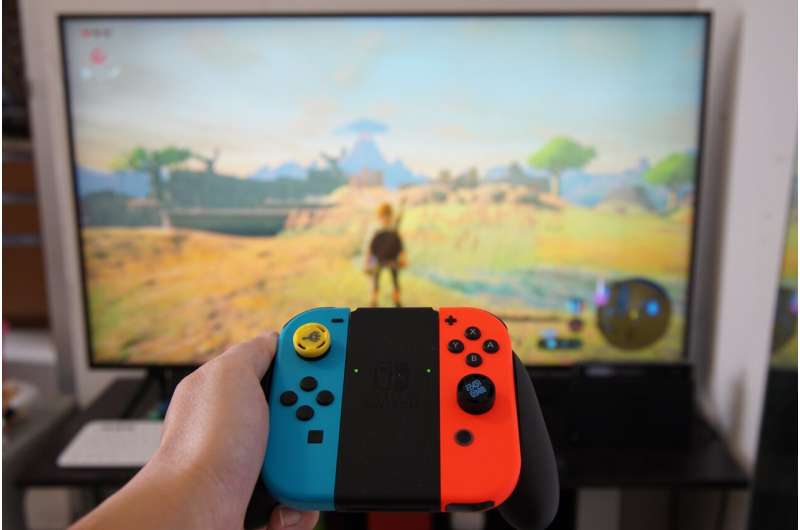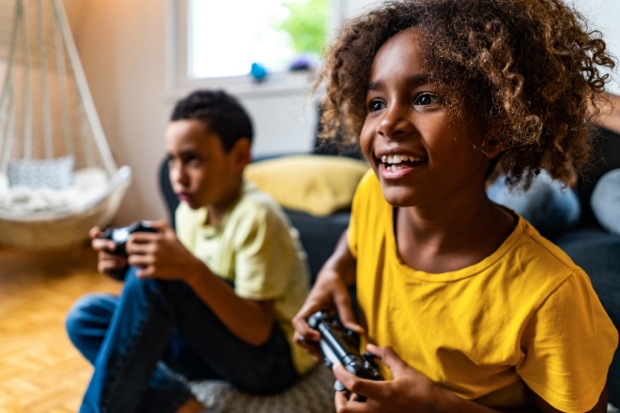VR is Proving to be a Powerful Treatment for Stress, Anxiety and Depression, but there is still work to be done.
This very well done systemic review by Psychologist Federica Pallavicini (PhD.), from the University of Milan-Bicocca, Department of Human Sciences for Education “Riccardo Massa” and Scientific Director of the Gamers VR Lab Research Laboratory, takes a deep dive into #VR and undercovers the significant impact virtual reality has had on medicine and treatment during this tumultuous time. She also shows us we have some more work to do.
Seventeen studies showed the usefulness of virtual reality during the COVID-19 crisis for reducing #stress, #anxiety, #depression and #pain, as well as promoting physical activity. Twenty-two studies revealed that virtual reality was a helpful learning and training tool during the COVID-19 crisis in several areas, including emergency medicine, nursing, and pediatrics. This technology was also used as an educational tool for increasing public understanding of the COVID-19 pandemic.
From this review, not only VR environments developed specifically for treatment, but also commercial content (eg, VR video games from the Meta and Steam platform, as well as 360° videos and photos available on YouTube) were useful for diminishing stress, anxiety, and depression, and for encouraging physical activity.
The catch? Users were often unfamiliar with VR technology and some struggled with usability. Additionally, the cost of headsets (between $300 – $1,500) were prohibitive, reducing the accessibility to care. There is work to be done, but we are definitely on to something that has the potential to help a lot of people.
